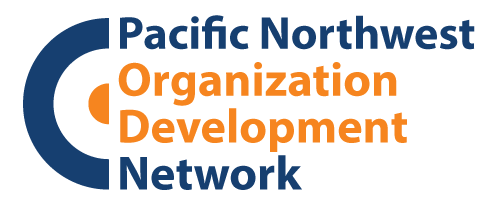| | 
|
| | | | February 2016 | 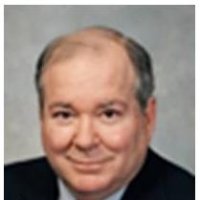 From the President: From the President:
Administrators and Lunatics Peter Drucker wrote many, many years ago about organizational life being at its core a struggle between administrators and lunatics. “Lunatics” is Drucker’s term, used in jest (I assume), for people we now regard as members of the creative class.
I remember the quote, because it is both clever and true. It resonates with me as someone who long chafed under the dominance of “control freaks” (Drucker’s “administrators”). These were executives and managers I worked with in various Fortune 500 organizations who would kill any creative idea that seemed to threaten the established order. Their marching orders were to keep one’s nose to the grindstone and churn the work out. These experiences motivated me to orient my OD practice and a good part of my adult life to fostering more innovative organizations by unleashing the creative potential of people.
This same struggle goes on today. This fact was brought to mind by a presentation a Danish colleague of mine, Arne Madsen, did for PNODN Board members and invited representatives of allied professional associations. My intent was to provoke interest in PNODN’s theme for this year: dealing with CHANGE of a very new type brought about by an epochal transformation of the economy from an industrial model to one based on creativity and knowledge. Arne offered a valuable perspective on this change and some of his efforts as an innovation practice partner for a major European biotech company to work with this new type of change.
I hope to share some of Arne’s insights in future columns and in our monthly member meetings. For now, though, here are a few observations.
First, while the struggle is not new, the qualitative difference the PNODN change theme points to is very much in evidence. My sense is that a few very advanced organizations may be nearing a tipping point where, for once, the lunatics may be closer to taking charge of the asylum away from the administrators. Developing the creative capabilities to constantly innovate, with all its disruptive effects, will become increasing essential to organizational renewal and survival.
Second, is this issue: what does control look like in a highly creative organization? The creatives may be in charge, but there still has to be a certain amount of control, for an organization, any organization, to function.
This point raises serious questions for us as OD professionals that we need to be devoting considerable hard thinking to. What organizational structures, systems and practices are required to ease the birth pangs of this epochal transformation in our organizations? Can the existing structures, systems and practices just be “tweaked,” or are the needed changes as revolutionary as the change is transformational?
At this point, there are more questions than answers. But it is discovering the answers to such questions that make our field so challenging and rewarding – and necessary.
Dr. William “Bud” Wurtz 2016 PNODN President
| | Review of the 2016 annual Board Strategic Planning Retreat 
by Jeremy Meeds
On Saturday, February 6th, we your PNODN board met for our annual Strategic Planning Board Retreat, which we entitled Living the Theory! During this amazing 4 hour planning session, we were able to nail down some of the nuts and bolts around how we wanted to move forward this year as a board to better serve you, our members and fellow OD practitioners at large. We nailed down and committed to six areas of focus, which we turned into committees, including 1) The Executive Committee, 2) The Programming Committee, 3) The Membership Outreach Committee, 4) The Volunteer Committee, 5) The Alliances Committee and 6) The Communications Committee. Each of these committees were assigned several responsibilities and include a committee chair and board representative. Currently, your board will include participation from our new President, our Treasurer, our Secretary, our Newsletter specialist, three new board members at large and two former board members who will all be involved to varying degrees of participation with the board and our committees. As well, our former president Joey Pauley will act as a liaison and consultant to the 2016 board moving forward. We, your new board, look forward to serving you and encourage your genuine participation and involvement with PNODN as we look forward to an exciting new year of transformation and change!
| Member Update 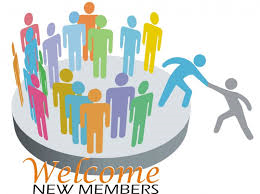 PNODN would like to warmly welcome the following new & renewing members: PNODN would like to warmly welcome the following new & renewing members:
Katie B. Barbara V. We thank them for their support of PNODN and invite you to join us as well. 
_____________________________________________________________________________ | | |  February Monthly Meeting February 22, 2016 February Monthly Meeting February 22, 2016
We all know the dismal statistics about the large number of change efforts that fail. Many of these efforts were implemented with traditional project management tools under the “PM triangle” creed of “on time, under budget, and within spec”. But all too often, focusing on schedules and costs – as essential as they are -- causes perverse effects. The real solution lies in taking an OD approach to project management by focusing on people and processes, not things. In this session we’ll explore strategies and tools to build teams that result in meaningful change and successful projects.
.

_____________________________________________________________________________
March 21st PNODN Meeting Quick Preview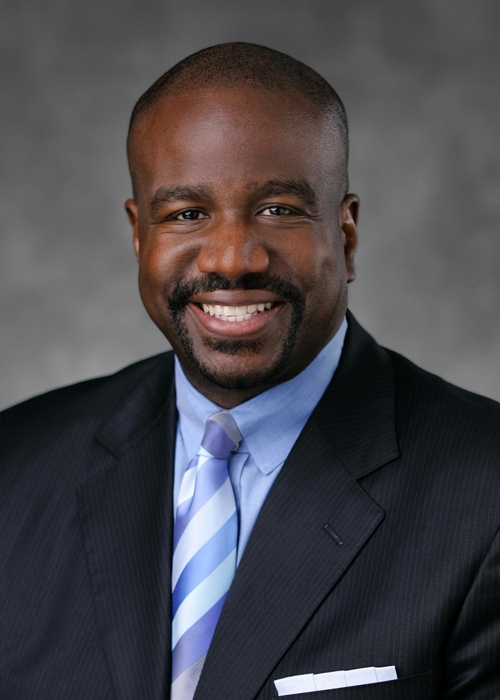 We are excited to welcome Orlando Ashford, President of Seattle-based Holland America Line, and the author of Talentism: Unlocking the Power of the New Human Ecosytem which looks at how a shifting paradigm, enabled by technology and the power of human networks, can help bridge the skills gap, improve business performance, and lead to the betterment of society at large. 
_____________________________________________________________________________ Review of January's Meeting with Dr. Carol Turner by Jeremy Meeds During the January meeting, Dr. Carol Turner led us through a process to help us as OD practitioners Live our Passion and Grow our Business. Following a round about check-in, where we each identified a key word, we were presented with the acronym GROW which stood for Goals, Reality, Options and What will you do next? We then 1) Identified our goals as OD practitioners (the appetizer), 2) paired off and explored our current reality and options together, where the client would tell their story, and the consultant would listen with curiosity while offering clarifying questions and providing feedback before switching (the main course) and 3) came up with action items for what we will be doing next (the dessert). This was followed up by a group discussion around what it was like to be listened to and what we intended to do next. Some of the key value words that we came up with as to why we were there and what we wanted to get out of this coming year included: Thrive Serendipity Creativity Live it Openness Authentic Connections Grounding Internal Integrity Intuition Transformation Clarity Growth Engagement New Beginnings Learning Gratitude Focus . | | Case Study 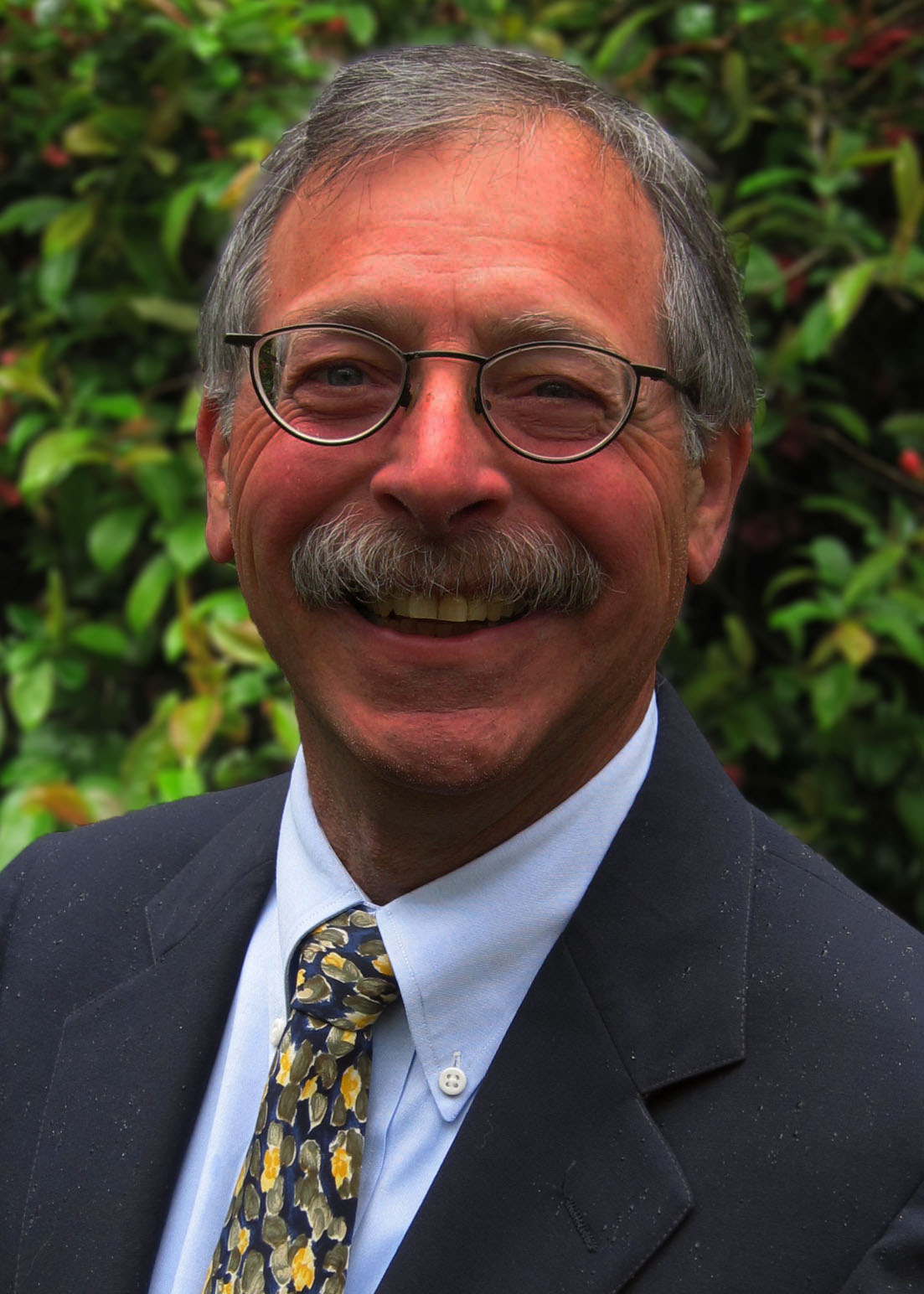
Savy Slips, Learning on the Run
By Philip S. Heller
Learnings from Practice 14: Enhance Training to Support Cultural Change How to support cultural change when the initial request is for employee training? The Request. A Committee from a State Department of Transportation conducted an RFP process to help design and deliver customized training in customer service and basic conflict management. The entire department would participate in groups of 20 in a half-day training session. The Committee consisted of a Manager, a respected Senior Engineer and a Senior Assistant who reported to the Department Director. The scope of work was essentially skills training to maximize everyone’s satisfaction during interactions with the public via phone, public meetings, on-site inspections and encounters during maintenance and construction. Larger Context. Within the last 6 months, the Department had completed an audit of citizen complaints that provided some direction for improvement. At the same time, the Department Director sponsored a Customer Service Initiative that was meant to institutionalize an improvement in the quality of the service that was delivered and inform citizens of their return on investment. Two components of that Initiative was the development of a systematic yearly citizen survey and an all-employee training that the Committee was responsible for. Consulting Intervention. In our initial discussions with the Committee, we reiterated their immediate requirements for a training intervention. We also noted that the big picture goal of this “important strategic initiative” was to maximize public satisfaction and improve the Department’s reputation. We asked specific questions about the big picture goals and the leadership strategy for accomplishing those. For example, we asked how involved in this initiative were the Directors of each division. (1) After our discussions, we all understood that this was more a cultural change intervention than a curriculum development effort. We all agreed that more engagement by the senior leadership of the Department was probable warranted. Subsequently, the Division Directors became more engaged. Their role included: Building draft customer service standards and best practices for employee input; Sponsoring role model staff to help facilitate the training; Kicking off each training session with a short Q & A about the Customer Service Initiative; Participating in the training themselves; Reviewing feedback collected post-training; And following up with commitments for division-specific action steps. Last Line. Probing for the larger context and desired organizational changes can lead to enhanced interventions that go beyond an initial training delivery request. (1) To access the questions we used, go to: http://learningdesigna.com/resourcescategory/change-management/ and select Initial Training Assessment. Philip Heller is a senior associate of Learning Design Associates. For 35 years he has helped plan systems change and develop leaders in government, community agencies, and health care centers. Philip received his Ph.D. in Education focusing on learning and problem solving. As part of the originating group, he has been a PNODN member since 1982. © 2016 Philip S. Heller, Savy Slips, Learning on the Run 14: Enhance Training to Support Culture Change
| | | | Of Interest 2016 NW Diversity Learning Series ISDI will continue providing the morning half-day sessions for employees, managers and Diversity Champions on emerging issues that can be adapted to the work environment. The topics will be framed around the practice of inclusion and provide participants with concepts, tools, and activities that strengthen understanding and learning at the individual and group levels. More details can be found here. 
Thank you to our Sponsor - adaQuest. We appreciate your support.
| HOW TO REACH US
Our Administrator is: Ann M. Baus

The Editor of the newsletter is David C. Wigglesworth
From The Editor This is your newsletter and we welcome and encourage your contributions. They could include personal news of a professional achievement, a brief article of interest, a short book review, a case study, a cartoon, a joke that is OD relevant and/or anything else that might be of interest to your colleagues who are our readers. I thank you in advance. | | | | |
